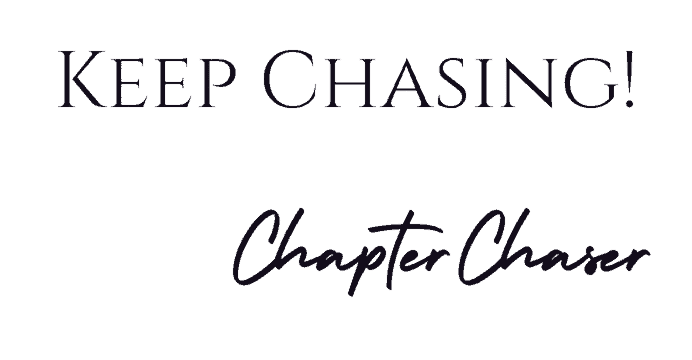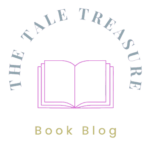Introduction
If you’re an author thinking of building a website (or revamping your current one), you might wonder: What are the must-have author website pages I should include on my website? It’s a common question—and an important one!
Your website is more than a mere online presence. It is your digital home where you can showcase your work, connect with your readers and promote your books.
And if you’re still unsure about getting a website, check out this post: How to create an author website (Even when you’re not tech-savvy) to know the benefits of having a website and how to create it.
In this post, I’ll walk you through the must-have author website pages that any author website should have and a few optional pages you might want to add as your site expands.
Let’s Dive In!
Not sure what to include on each page? Grab your free website planning workbook!
List of Must-Have Author Website Pages!
- Home Page
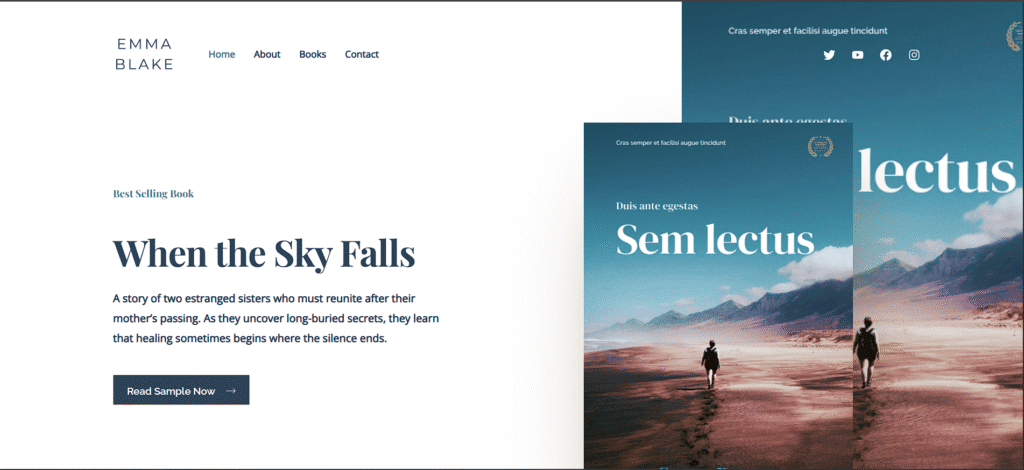
Note: I created this website mockup. If you want your website to look like this, check out My Services.
Why it matters: Your home page is your first impression. Think of it like the cover of your book—it should be clean and welcoming and represent who you are as an author.
What to include:
- A friendly welcome message.
- A short author tagline or intro.
- An eye-catching image (maybe your author photo or your latest book cover).
- A highlight or unique quote of your latest book or most popular book.
- A call to action (like “Join my newsletter” or “Explore my books”).
Pro Tip: Keep it clutter-free and easy to navigate.
- About Page
Why it matters: Readers will like to know whether they have anything in common with you so that they may connect with you deeply and find you relatable. This is your chance to share your journey, your “why,” and your inspiration, and let your personality shine through.

Photo by Pedro Araújo on Unsplash
What to include:
- Your author bio and background.
- Your writing journey or inspiration.
- A professional headshot.
- Add a bit of a personal touch (like hobbies, fun facts, your zodiac sign, whether you are a tea or coffee lover, etc).
- Books Page
Why it matters: This is the heart of your website – where readers can explore and learn more about your books.
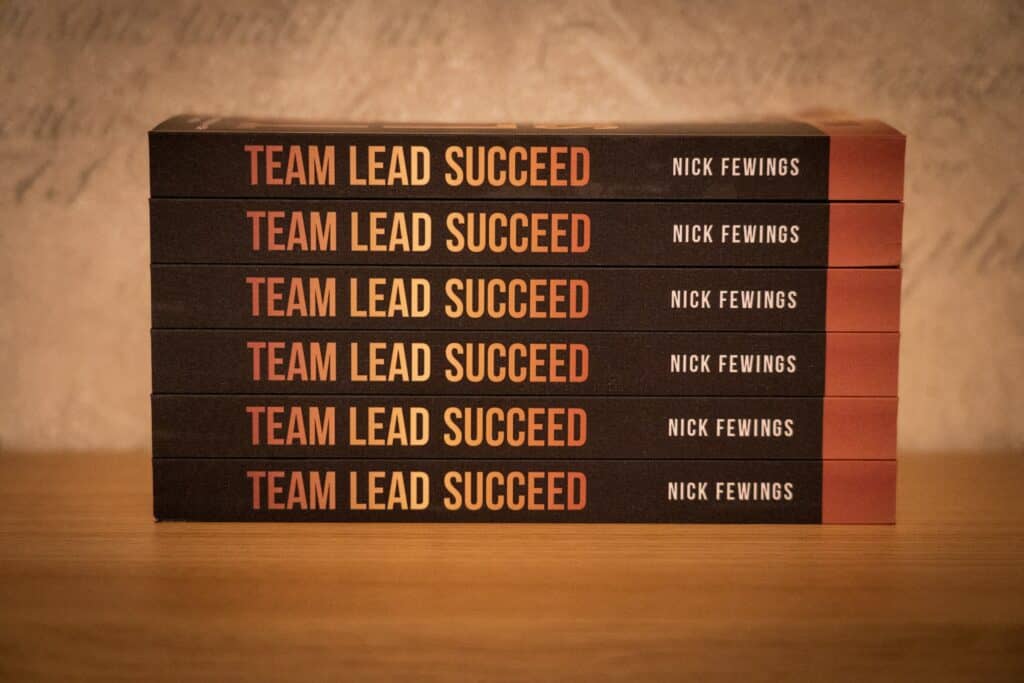
Photo by Nick Fewings on Unsplash
What to include:
- The covers of your book.
- Blurbs or summaries.
- Buy button (Amazon, BookShop, etc).
- Series order (if applicable).
- Reviews, awards or praise.
- Bonus content (like downloadable bonus chapters, epilogues, etc.).
- Blog (Optional but valuable)
Why it matters: A blog helps you connect with your readers and share updates on your latest books. It is also good for SEO to increase your website’s visibility.

Photo by Fikret tozak on Unsplash
What to include:
- Writing tips.
- Book updates or Behind-the-scenes.
- Author Life and Inspiration.
- Your daily struggles as an author.
- Character interviews or short stories.
Pro Tip: Even occasional blog posts can keep your website active and engaging.
Note: I offer assistance with blog setup, formatting, image selection, and SEO considerations, allowing you to focus on your writing without unnecessary hassle. Visit My Services for more details.
- Contact Page
Why it matters: It is where your readers, publishers, media or potential collaborators can contact you.

Photo by Shutter Speed on Unsplash
What to include:
- A simple contact form.
- Your professional email address.
- Social media links.
Optional: A note about your response time or preferred contact method.
- Newsletter Signup Page or section
Why it matters: This is where you will collect the email addresses of your readers or potential readers by offering a freebie, like a bonus chapter of your popular book, an epilogue of your latest book, or any writing tips to grow your email list. Your email list is one of the most valuable tools for building a loyal readership.

Photo by Brett Jordan on Unsplash
What to include:
- A clear explanation of what readers will get (e.g., “Monthly bookish updates + a free short story”).
- A simple signup form.
- A lead magnet (like a freebie or checklist!).
Get Your Free Workbook Now!
Optional Pages You Might Consider:
- Media Kit/Press Page: For interviews, speaking events, or media inquiries.
- Events Page: If you do signings, readings, or online launches.
- Resources Page: For writers, educators, or fans.
- FAQ Page: Answer common questions about your books or writing process.
Conclusion
Your author website does not have to be huge or complicated to be effective. Start with the must-have author website pages and progress from there. Consider it your digital home base, where readers can come to know you, remain connected, and fall in love with your books.
If setting up a website sounds overwhelming, I’m here to help! I offer WordPress website setup and design services for authors. You can check out My Services. Let’s create a site that works as hard as you do. 😊
Pin Me!
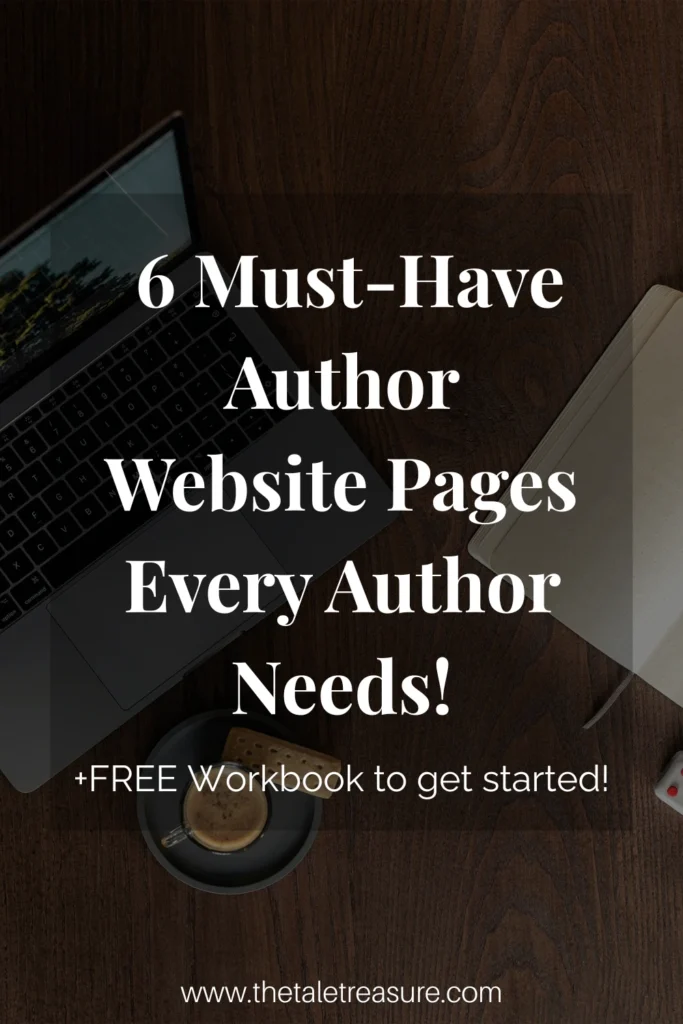
Let’s Chat!
I hope this information was helpful to you. If you have any questions, leave a comment below! I’d love to help you! Don’t forget to grab the Free Author Website Page Planning Workbook to plan your must-have author website pages. Do you already have a website? Which essential pages do you have? Please let me know in the comments.
